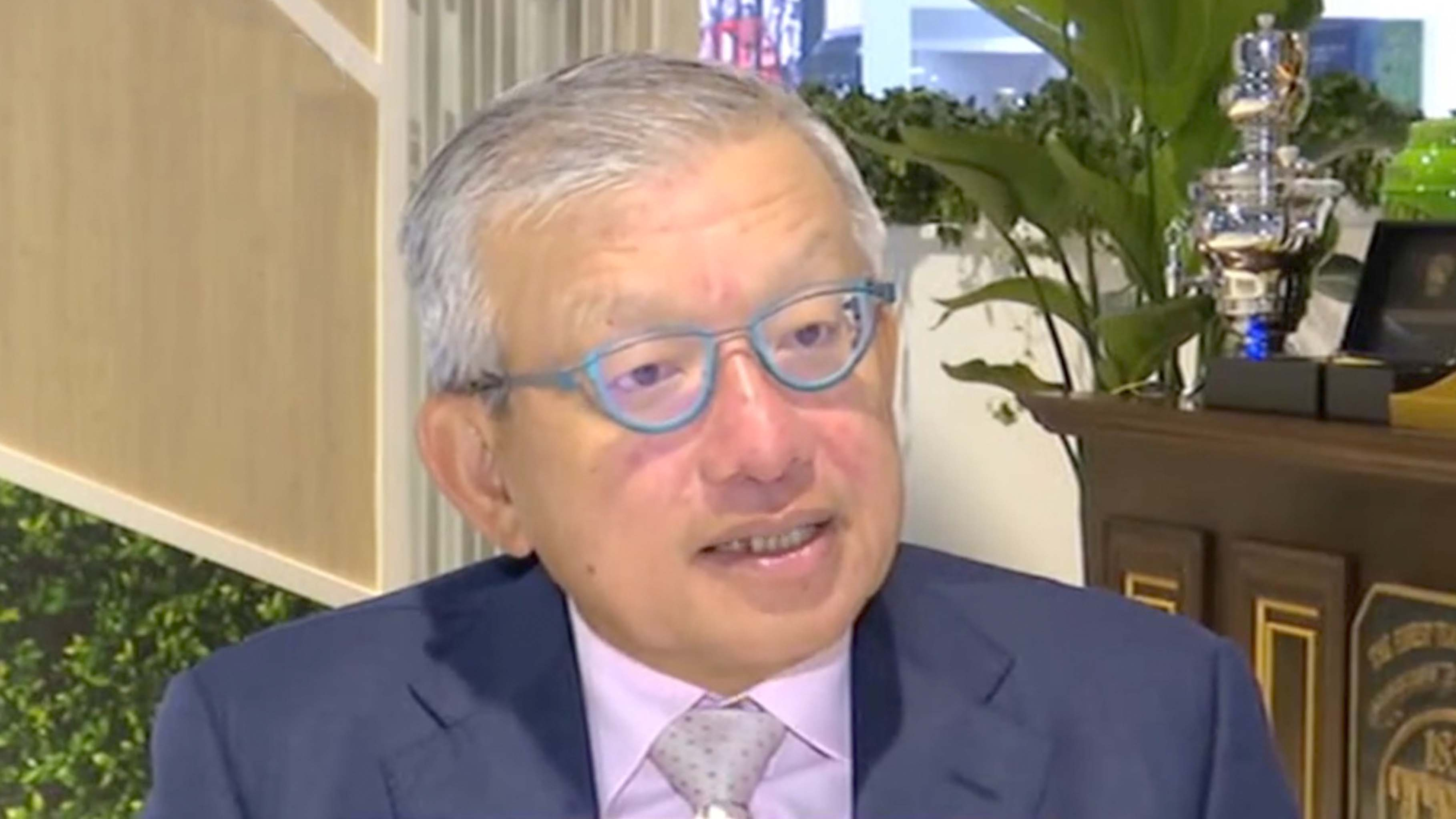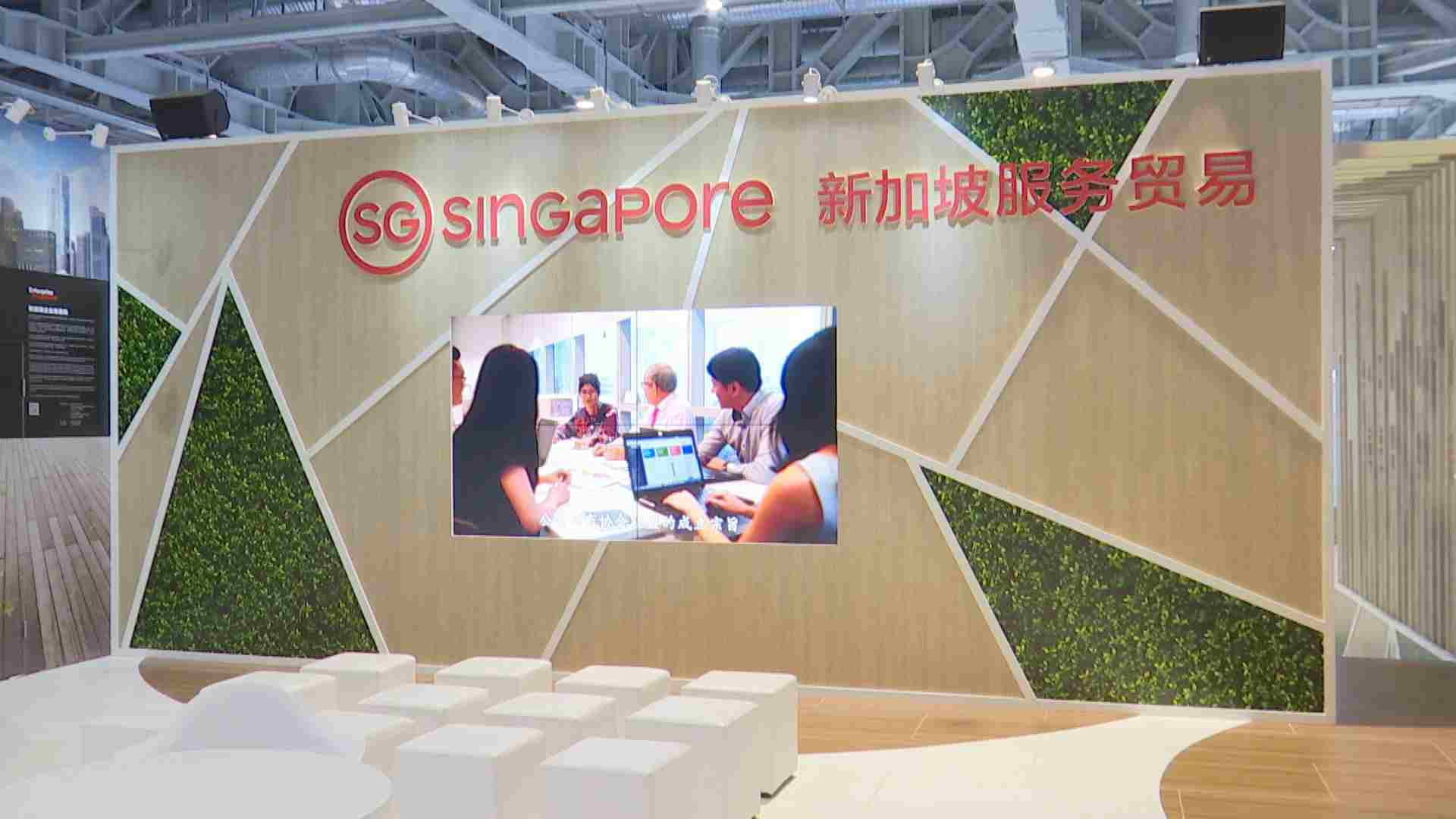04:19

Ho Meng Kit, the CEO of the Singapore Business Federation, which has over 26,000 member companies and now serves on Singapore's APEC Business Advisory Council, doesn't buy the "national security threat" claims regarding Chinese overseas investment.
"We think everything has to be measured, and the risk should be assessed. If the government is buying systems for its security and military purposes, then you have to be very careful about security. But if it is for non-security purposes, then you got to have a different risk assessment," Ho said.
"In our 5G network, I don't think we have ruled out using Huawei equipment. Why should we, because if it meets our needs, it's at an appropriate security level, we will consider using it just as we will use European technology for 5G as well. So we don't buy that," he told CGTN during the 2nd CIIE in Shanghai.
China is Singapore's biggest trading partner, while Singapore is China's largest foreign investor.
Ho commends the orientation of the Chinese economy – that it's continuously opening up to foreign investors, citing the country's new foreign investment law.
"I think a steady pace of reform and opening up of the Chinese economy will be useful. We don't expect China to be like Singapore because you're a big country, you're run on a slightly different system," he said.
"But I think the direction of reform, trade facilitation is going to be very useful. That's why we are here for the long-term, we've been investing for over 30 years, and we'll continue to invest in the future."

Singapore brought along 84 companies to the 2nd CIIE. / CGTN photo
Singapore brought along 84 companies to the 2nd CIIE. / CGTN photo
Ho said Singapore has benefited from China's opening-up. Otherwise, it wouldn't have brought over 80 companies to the CIIE for the second time around.
"First of all, there's money to be made. Secondly, over the years, the ease of doing business in China has become easier – so much more so that now even the smaller Singapore companies are participating in China – previously, it was the big companies like CapitaLand. But because the Chinese market is so well-known now, many companies in Singapore are investing there, which can bring the smaller companies along."
When asked what best practices China can learn from Singapore as Singapore has been consistently ranked as one of the most competitive nations in the world, Ho said "to balance opening up with the market economy."
"I think a lot of Western countries are now saying: you have a state-controlled economy, how do you operate that and yet at the same time be competitive and listen to market forces? We manage our SOEs [like Temasek] to be fully in line with market operations. The reason is because while it is state-owned, we don't interfere with the operations."
Ho said Singapore has been competitive firstly because there is strong social cohesion in the society, and that there is peace in the Southeast Asian region.
"But beyond that, in order for us to be competitive, businesses must be able to be profitable and competitive. They must be well aware of what's happening in the rest of the world, so we don't want to cushion them; they must be exposed to forces of the market," Ho said.
"Human resources and workers are also very important. With the disruption of technology, there needs to be continuous investment in skills not just by the government, but training by companies is going to be very important."